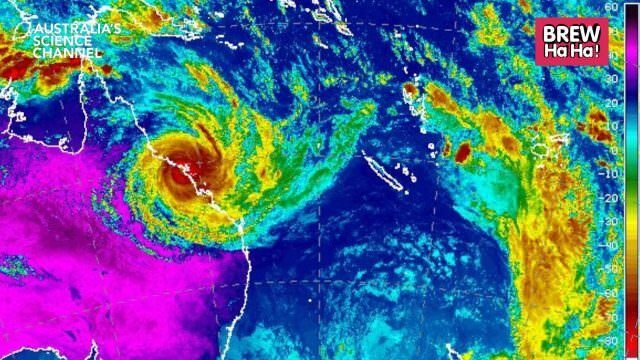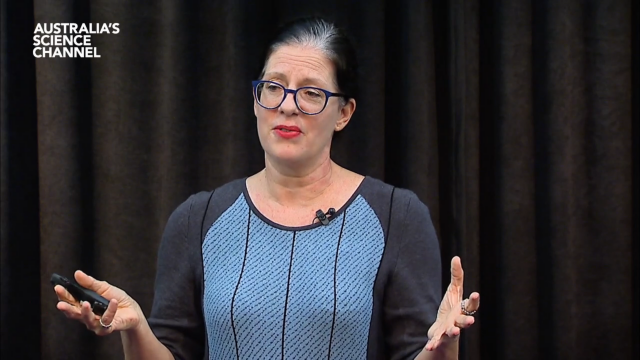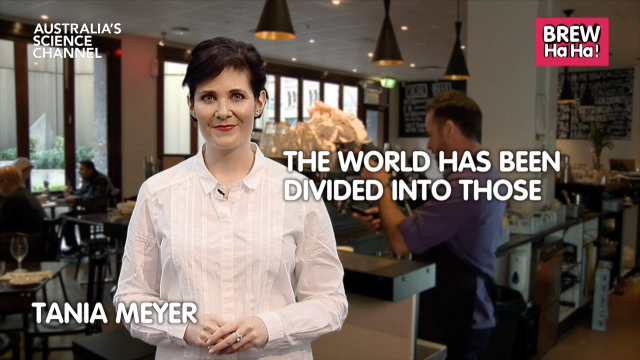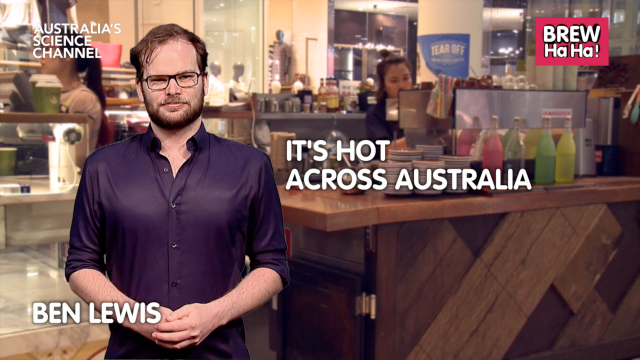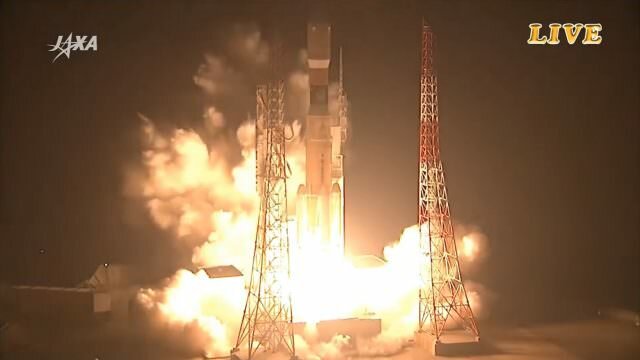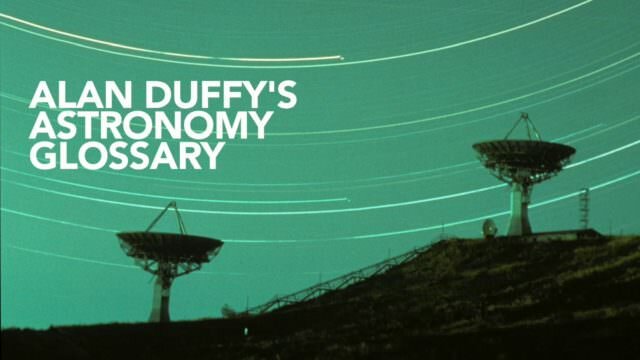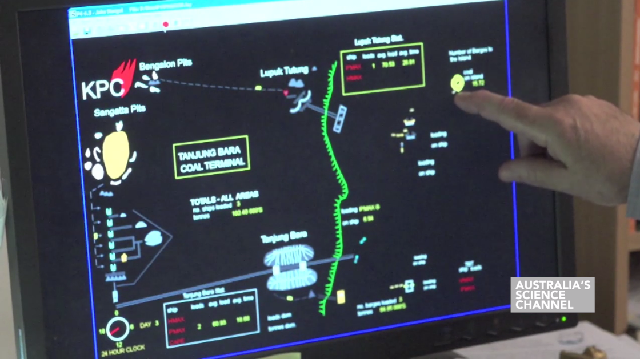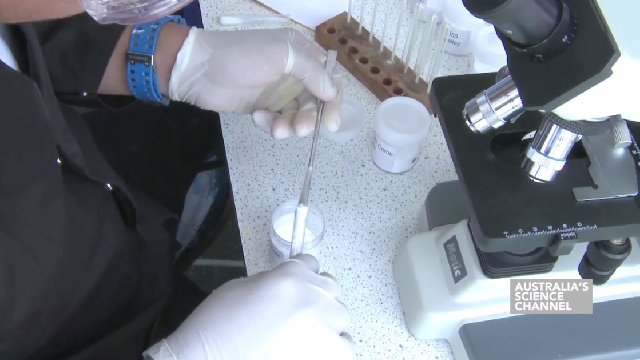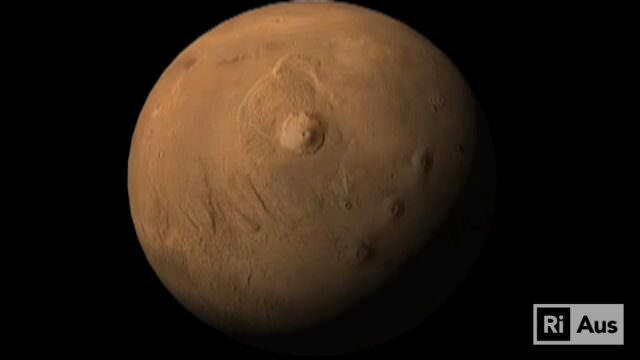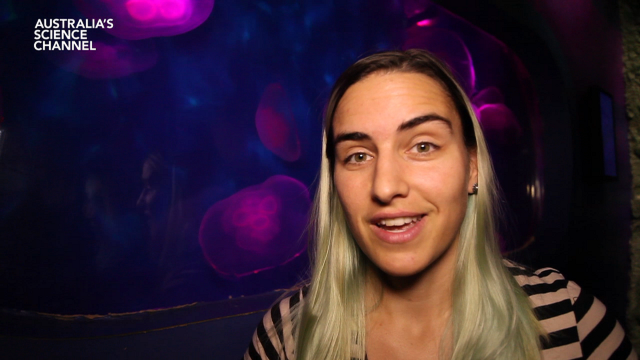Last updated May 24, 2018 at 9:52 am
By century’s end the rice will still grow, but it will be less nourishing.
Rice is a source of basic nutrition for two billion people. What if its nutritional value plummets? Credit: iStock
Rice, the crop that feeds half the world, could be nutritionally deficient within decades if global warming continues unabated, research shows.
The cereal is robust in many respects but is notably sensitive to atmospheric carbon dioxide concentration.
A study published in the journal Science Advances models rice health in line with projections for rising carbon dioxide levels, linked to global warming, and the results are worrying.
Declining nutritional value
A team led by environmental scientist Kristie Ebi of the University of Washington in the US conducted a field study in China and Japan, exposing 18 common strains of rice to increasing carbon dioxide levels in line with end-of-the-century predictions.
They found that in all cases levels of protein, iron and zinc in the rice grains declined in direct proportion to rising gas levels. Also negatively affected were many of the plant’s vitamin B levels, with most dropping between 17 and 30%.
Vitamin B6, however, was unaffected, and vitamin E content actually increased.
Risks to health
The findings are set to generate profound concern.
More than two billion people depend on rice for both basic nutrition and many essential micronutrients. Many of these people live in regions where food alternatives or supplementary healthcare are scarce, prompting fears that global warming will catalyse an upswing in childhood illnesses and chronic adult conditions.
“This study provides important insights into how higher carbon dioxide concentrations could affect the nutritional quality of multiple varieties of rice, identifying for the first time that the concentrations of B vitamins will be reduced with greater emissions of carbon dioxide,” says Ebi.
“This is an underappreciated risk of burning of fossil fuels and deforestation.”
Co-author Lewis Ziska adds that the findings confound arguments put forward in some quarters than increasing carbon dioxide will boost plant growth.
“People say more carbon dioxide is plant food – and it is,” he says. “But how plants respond to that sudden increase in food will impact human health as well, from nutritional deficits, to ethno-pharmacology, to seasonal pollen allergies — in ways that we don’t yet understand.”





































































































































































































































































